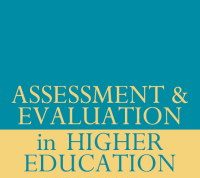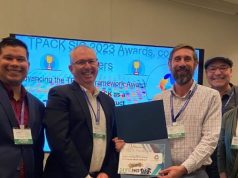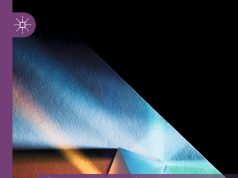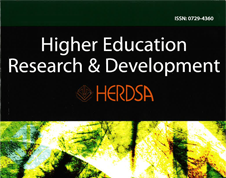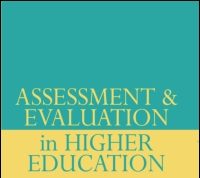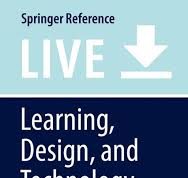Monash University’s Faculty of Education is offering scholarships of AU$40,000 p.a. for 3 years (2018-2020) for outstanding applicants who want to focus their doctoral research in the following research areas: feedback for learning or digital distraction. This is a competitive process and applications will be judged by a panel. Successful applicants will be required enroll full-time, and to commence by the end of June 2018 at the latest.
There is a tight deadline for applications, so if you are interested in working with an accomplished research team, led by Associate Professor Michael Henderson, please download the flyer and application form for the relevant opportunity (see below), and send by email to education-researchdegrees@monash.edu by 11:55pm, 16 April 2018.
For any queries about either of these opportunities, please email Associate Professor Michael Henderson: michael.henderson@monash.edu
Feedback for learning
Click here to download the feedback for learning flyer and application form.
This project is about enhancing student learning and experience by improving institutional, educator, and student capacity to stimulate and leverage assessment feedback.
The PhD candidate will be able to negotiate a specific focus within the project and will be supported in their development of appropriate methodology and analysis. Four possible research trajectories are listed here but these do not limit what is possible:
- Tracking the impact of feedback over time
- Building student capacity for sense-making
- Supporting learners to generate and manage their own feedback
- Investigating technology enabled designs of feedback such as peer, dialogic, rich media recordings, gamification, authentic, portfolio, or learning analytics.
Digital distraction
Click here here to download the digital distraction flyer and application form.
Digital distraction has a substantial negative impact on learners. The proliferation of digital devices at home and school means that it is now critically important to understand when and why digital distraction occurs, the kinds of students at most risk, and how they can reengage with learning.
The successful PhD Scholarship recipient will join a team who are working on the identification of individual and contextual triggers for digital distraction. Ultimately the project aims to develop a validated measure of digital distraction as well as innovative methods for mitigating distraction and facilitating re-engagement.
The PhD candidate will be able to negotiate a specific focus within the project and will be supported in their development of appropriate methodology and analysis however, some familiarity with statistical analysis would be valuable.


